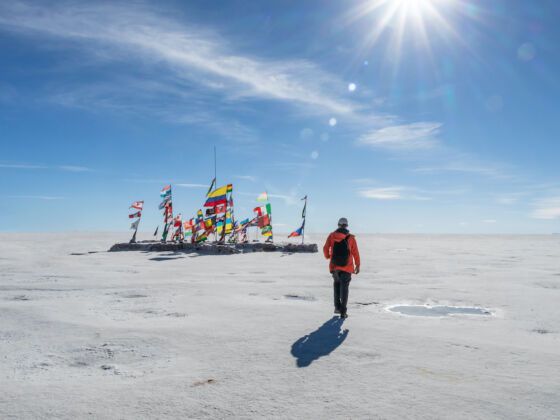OKAY, SO 2016 WAS ROUGH, and a lot of people are pessimistic about 2017’s prospects. But even if this is a dark year ahead of us, there’s still a lot of room for you to do good as a global citizen. We’ve got some quick, concrete tips to help you make the world a better place in 2017.
Volunteer local, give global.
The election of Donald Trump has led to a spike in charitable contributions to domestic non-profits. People are throwing their weight behind groups like the ACLU, Planned Parenthood, and the Council on American-Islamic Relations in anticipation of a hostile President.
